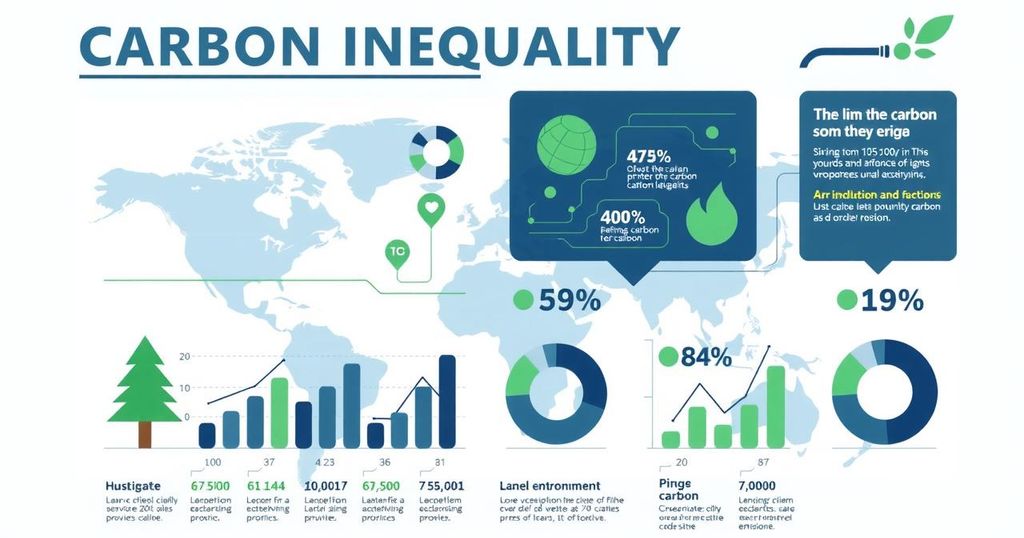The Democratic Republic of Congo is facing a severe health crisis, with notable increases in cholera, Mpox, and measles cases. The situation has worsened due to ongoing violence and a suspension of USAID funding, severely impacting the health system. Over 7.8 million internally displaced individuals are affected, facing shortages of clean water and medical care, and the international community is urged to respond urgently to prevent further loss of life.
Recent reports reveal a deteriorating health crisis in the Democratic Republic of Congo (DRC), characterized by significant increases in preventable diseases. Notably, cholera cases have surged by 326, while Mpox and measles have also seen rising numbers. This alarming trend, recorded in North Kivu during the last week of February, follows a significant uptick in cholera cases in January, which exceeded 3,850 and resulted in 67 fatalities—a threefold increase from the previous month.
The conditions contributing to this crisis are exacerbated by ongoing violence and a suspension of USAID funding, which has critically weakened DRC’s already fragile health system. Millions are now vulnerable to diseases such as cholera due to the government’s inability to maintain effective healthcare. Compounded by the conflict, the lack of testing centers and functioning hospitals, along with the destruction of vital infrastructure, has created an environment ripe for outbreaks.
Dr. Manenji Mangundu, Oxfam DRC Country Director, emphasizes the severity of the situation: “This is turning into a full-blown humanitarian catastrophe. People are drinking water straight from contaminated rivers and springs because water tanks and sanitation facilities have been destroyed.” He warns of the dire conditions where untreated water is leading to a rampant spread of cholera amid a collapsing health care system.
The direct impact of USAID’s funding cuts has been devastating, notably affecting 7.8 million internally displaced persons (IDPs) in the DRC. Areas such as Kirotshe and Goma are reporting severe shortages of clean water and overcrowded living conditions. Additionally, over 70 health facilities in North Kivu have been destroyed, significantly hindering the response efforts to simultaneous outbreaks of diseases.
Kamara Wabomundu, a representative from one of Oxfam’s partner organizations, recounts the dire circumstances, stating, “Our hospital was 100 percent dependent on humanitarian support. When our funding was cut, everything collapsed—we had no backup plan.” He highlights the struggles faced by individuals who find themselves unable to afford even basic medical care.
Dr. Mangundu urged the international community to recognize the urgency of the matter, stating, “Every moment of inaction means more lives are being lost that could be saved.” Further complicating the crisis are the closures of banks, microfinance institutions, and airports, which have exacerbated the distribution of emergency aid and inflated food prices beyond the reach of many.
In summary, the report highlights a critical humanitarian crisis in the Democratic Republic of Congo, marked by a significant increase in preventable diseases due to the collapse of the health system and the implications of USAID funding cuts. The dire living conditions faced by millions, coupled with the impediments to humanitarian assistance, necessitate immediate action to prevent further loss of life and restore essential services. The crisis demands urgent global attention to address the escalating health and humanitarian needs of the affected populations.
Original Source: www.oxfam.org.nz






